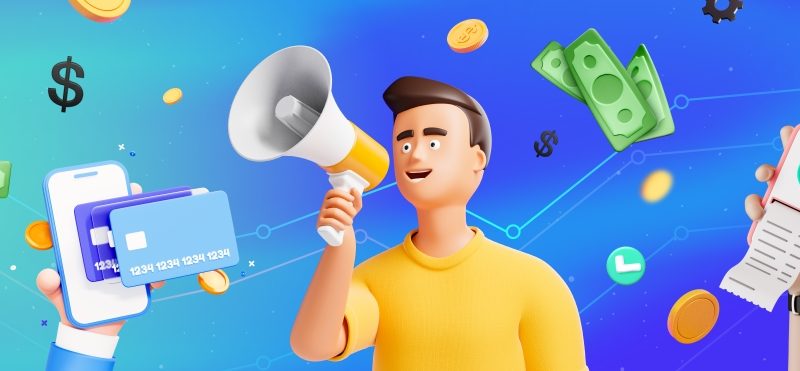If you’ve bought something on Afterpay and failed to pay your installments, you’ll have your Afterpay account frozen and won’t be able to make further purchases. Stores that record their Afterpay accounting in the most efficient way offer ‘buy now, pay later’ payment methods as they’re usually interest- and fee-free, so it doesn’t cost anything to use the service.
However, if you don’t keep up with repayments, you’ll be liable for fines and could be pursued by a debt collection agency.
⬇ Free exclusive Afterpay guide ⬇
Manage your Afterpay account like a pro – find the the answers to the most essential questions about the platform – download the Afterpay guide.
What Penalties Does Afterpay Charge for Missed Payments?
The first thing to note is that vendors will always pick up on a late payment when reconciling Afterpay in Xero or their selected accounting software, so if you can’t keep up with your repayment schedule, you should act quickly! Afterpay can take a series of escalating steps, but you can prevent this if you log into your app and reschedule a payment you know you can’t make.
- Initially, your account will be frozen until the repayments are up to date.
- Afterpay charges an $8 late fee, plus up to 25% of the order value.
- If your account remains in arrears or is frequently overdue, you may not be able to use Afterpay again in the future.
Very late payments can, in some cases, be referred to a debt collection agency.
Do Afterpay Purchases Affect Your Credit Score?
No – Afterpay doesn’t require an in-depth credit check to decide what limit to offer you. Instead, you get a basic credit amount (usually $500) and can increase your limit over time. The payment provider analyzes account activity, usage, and repayments to decide whether or not to increase your spending allowance.
You’re unlikely to see any negative impact on your credit report because interest-free ‘buy now, pay later’ balances aren’t reported to credit bureaus. That said, being chased by a debt collection company for an overdue payment isn’t anyone’s idea of fun, so it’s highly advisable you try not to spend more than you can repay!
It’s also important to contact Afterpay if you’re having problems, as you may be able to defer a repayment temporarily. If Afterpay repeatedly attempts to collect payments from your registered credit or debit card, this may cause issues with your bank or credit card provider.
Can Afterpay Take You to Court for Non-Payment?
While technically Afterpay could choose to pursue a non-payee in the court system, it’s unlikely they would do so. The maximum account limit is $2,000, so the costs of legal action would probably cost more than the amount owed.
That doesn’t mean that you wouldn’t face formal debt collection proceedings, and if a debt clearance house ‘buys’ the debt from Afterpay, their approach to recouping the unpaid funds can vary. Rules also differ between states, and if you owe a large amount, you could be issued a payslip deduction, lien, or collection order to cover the debt repayable.
‘Buy now, pay later’ is a bit of a gray regulatory area at the moment because providers aren’t subject to the same compliance rules as credit card lenders – they’re not charging fees and aren’t therefore classed as lenders. It remains good practice to do all you can to keep to your repayment schedule and avoid spending more on your Afterpay account than you think you can pay back on time.
What Should I Do if I Can’t Cover My Afterpay Repayments?
The first step in any cash flow crisis is to contact the provider – Afterpay has a range of options to try and prevent users from getting into difficulty. For example, you could ask to:
- Pause payments for a limited time;
- Defer a repayment until your payday;
- Pay back a smaller proportion of the balance;
- Spread your repayment over a longer period.
You’ll need to explain what you can afford to repay now, how much you can repay in regular installments, and why you can’t keep up with the repayment terms originally agreed to. Provided there’s a justifiable reason, and you make a concerted effort to bring your account back into good standing, you should be allowed to manage your debt until the balance is cleared.
There’s a possibility that Afterpay will reduce your credit limit or remove your ability to make new payments – either until you’ve paid your overdue repayments or indefinitely.







Thank you that was helpful
If I repay what I owe to Afterpay will I be able to use them again after the balance is paid in full?
Hi! Once you’ve fully repaid your outstanding balance with Afterpay, your account should be in good standing, allowing you to use their services again. However, it’s important to note that Afterpay may reassess your spending limit and account status based on your payment history and financial behavior. So, as long as you maintain a good track record with your payments, you should be able to continue enjoying the benefits of using Afterpay for future purchases.